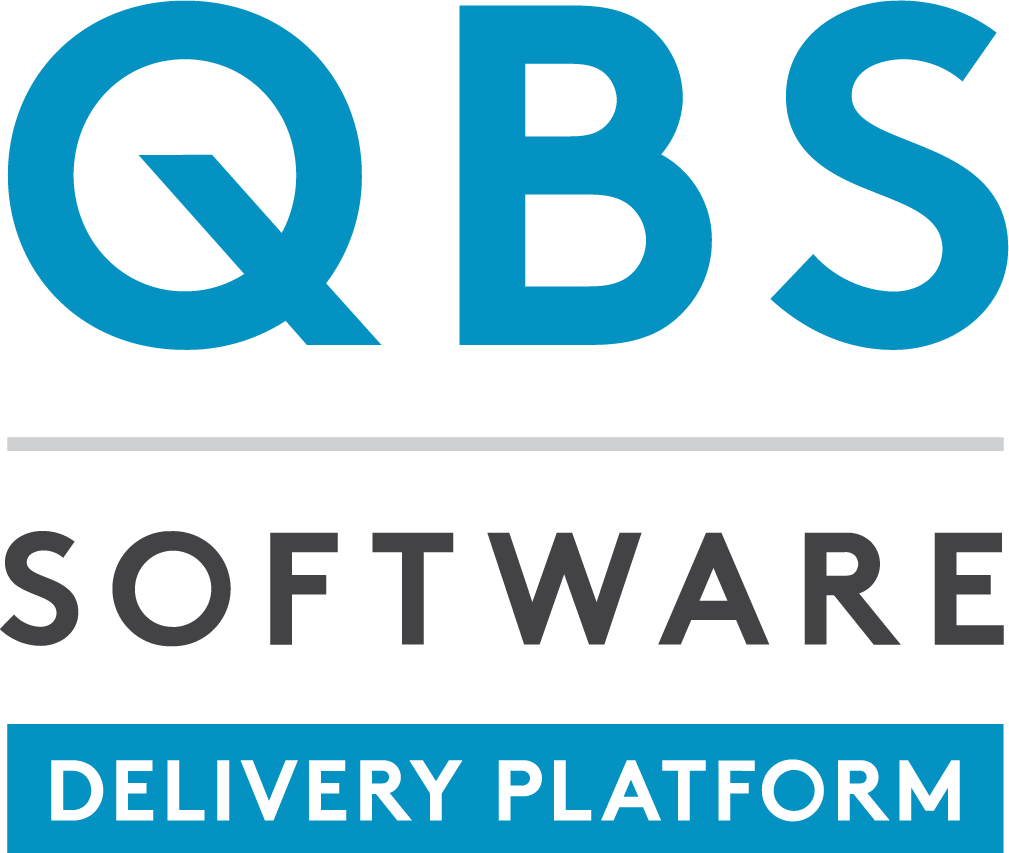
Need more information on this product?
Please contact us on +44 (0)20 8733 7100 or via our online form.
If you are not currently a customer, you can apply for an account.
Wolfram Workbench is a Wolfram-branded version of Eclipse that contains a number of plugins for working with Mathematica and other Wolfram technologies. It provides sophisticated code editing, navigation and project management tools for enterprise-class development and deployment.
Eclipse is a platform for integrated development environment development, is platform-independent and is built around an extension mechanism involving modules known as plugins. Eclipse has a very large number of free and commercial plugins available for carrying out a variety of different tasks including support for languages such as Java, C, C++ and Fortran and support for HTML, XML, UML and many web technologies. The Workbench plugins can also be installed into a stand-alone copy of Eclipse.
With Workbench you can:
- Integrate with Wolfram technologies
- Easily edit and navigate code
- Use robust debugging tools
- Manage and deploy projects
- Write documentation
Wolfram Workbench - Features
Features
Integrate with Wolfram Technologies
Workbench allows you to dramatically improve your productivity when developing in Mathematica. It provides advanced tools for organizing resources, preventing mistakes, and properly documenting your work. With Workbench you get all the features you would expect from an advanced IDE, such as:- Working with code in a specialized editor
- Debugging programs at the source level
- Profiling the code's execution
- Developing and running tests
- Coding in an integrated workgroup environment
- Writing documentation for your application
Easily Edit and Navigate Code
Source Code Editor
The source code editor provides powerful source code editing with syntax coloring, error reporting, and more. The errors are reported with a Problems window and mouseover usage messages for convenient assistance. Workbench 2 provides extended code and section folding, improved code hover, and the ability to search for references to a symbol. Some of the important features of the source code editor include:
- Code folding
- Code outline
- Command completion and templates
- Error reporting
- Quick assists such as symbol renaming
- Function definition search
- Syntax coloring
- Bracket highlighting
- Text hover with usage information
Text and Pattern Searching
Workbench supplements text searching with pattern searching, which lets you find certain structures in your code. For example, if you want to find every instance of Mathematica code in your workspace that has an If with two arguments, you would choose Search -> File from the menu bar, then choose the Mathematica Search tab. You could enter the pattern If[ , ], which means an If with two arguments. It also provides scripting of warnings and error markers based on Mathematica patterns.
Source and Notebook Comparison
You can use both the source and compare editors in Mathematica to view notebooks with linear syntax removed. This makes structural comparisons of notebooks very easy, which is useful when using version control systems or just for local comparison of two notebooks.
Use Robust Debugging Tools
Debugging
The debugger is one of the key features of Wolfram Workbench. One of the prime benefits is the ability to use different breakpoint types and watch expressions to study your code as it runs, so that you can detect and fix any problems.
Profiling
The Workbench profiler allows you to see details of the execution of your Mathematica functions. Seeing the number of evaluations and time spent on parts of your code can highlight areas that will yield the highest return for optimisation efforts. This report shows that much of the time was spent on vector multiplication; as this is a fast operation, able to see that the execution time for this function is optimized.
Unit Tester
The Workbench tester performs unit testing for your code, with useful features for writing and running tests. The tester produces a report that tells you whether all tests have passed, lists any that failed, and gives links from the report to the actual tests in the test file.
Manage and Deploy Projects
Project-Based Workflow
Wolfram Workbench allows you to group your application and all associated resources, such as test files, in a single container called a project. Many different types of resources are supported, including Mathematica source code and notebooks, Java classes and libraries, and Database connection information for DatabaseLink.
There are a range of tools for working with resources. Mathematica pattern-based searching and browsing tools, along with fast find for packages or functions, makes navigating your code easier and faster than ever.
Project Deployment
Using the Workbench export wizards, you can deploy your projects locally, or package them for delivery. All content types are supported, including documentation, ensuring that you deploy your latest development work.
Version Control
Version control of projects is an essential aspect of modern software development. Workbench provides a full-featured CVS client, and easy installation and support for Subversion and other version control systems, without the need to install and configure any additional tools on your system.
Write Documentation
Documentation Builder
Wolfram Workbench now includes a full set of tools for developing and integrating documentation for your application into your Mathematica Documentation Center. For example, you could easily integrate your application's function, guide, and tutorial pages with existing Mathematica documentation.
Wolfram Workbench - System Requirements
System Requirements
- Mathematica 5.2 or higher
- Workbench supports Windows, Mac OS X, and Linux.
- It can also be used with other Wolfram products, including gridMathematica and webMathematica

